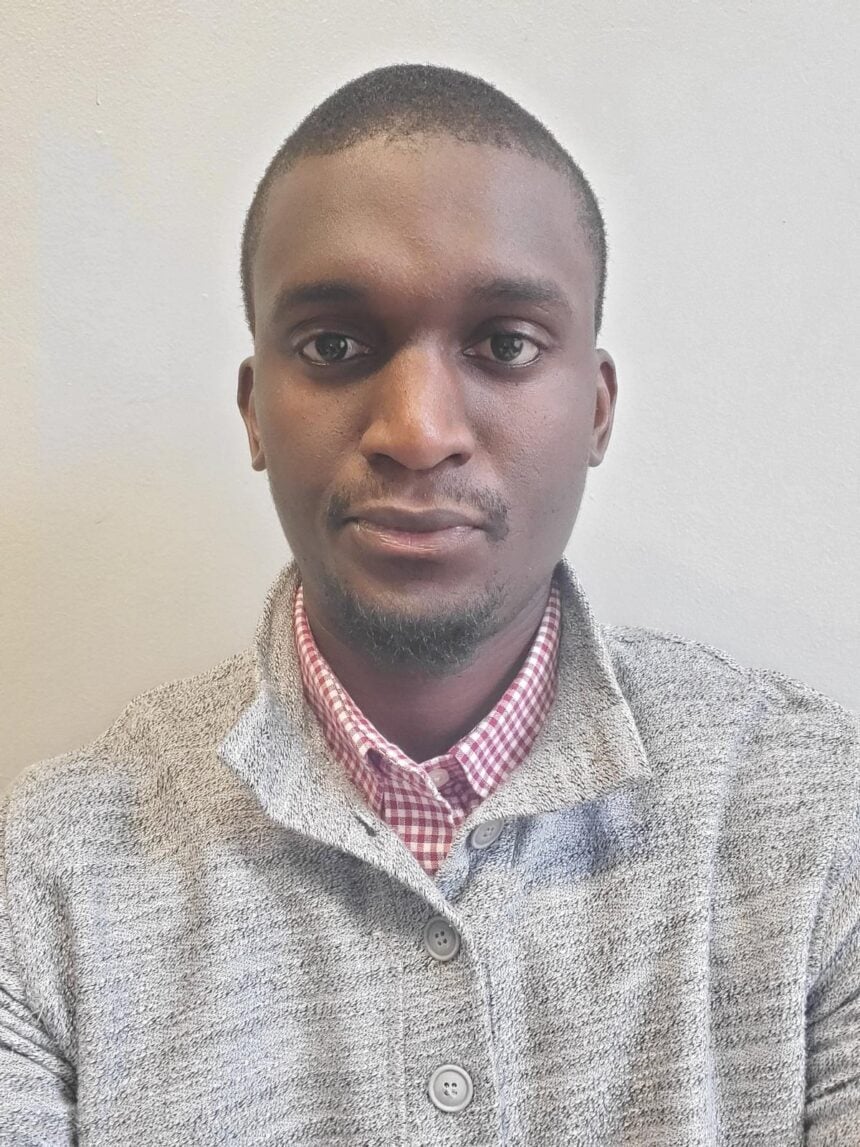In today’s public health landscape, where financial insecurity and chronic illness often intersect, innovative care models that humanise support services are essential.
A groundbreaking study published in the Community Mental Health Journal sheds light on one such innovation: the Client-Centered Representative Payee (CCRP) model.
Spearheaded in part by public health researcher and clinical leader Joseph Abua, the model introduces a transformative approach to financial management and support services for people with HIV (PWH).
The CCRP model was developed through a clinical trial funded by the National Institute of Mental Health and designed as a response to the limitations of the U.S. Social Security Administration’s traditional Representative Payee Program. That longstanding system, though well-intentioned, often strips vulnerable individuals of control over their finances, substituting autonomy with bureaucratic oversight. In contrast, CCRP reframes financial support as a harm reduction intervention, emphasizing collaboration, autonomy, and human dignity.
Abua, currently a doctoral student in Health Behavior at the University of Alabama at Birmingham and a Research Associate at Birmingham AIDS Outreach (BAO), played a pivotal role in co-leading the implementation of CCRP in the study.
“Our model doesn’t treat clients as liabilities to be managed,” says Abua. “It views them as partners. We’re not just facilitating payments; we’re helping people regain control of their lives.”
Built on the principles of harm reduction, humanism, incremental change, and respect for autonomy, the CCRP model integrates financial coaching with housing support and tailored goal setting.
Abua’s approach repositions care recipients as co-authors of their economic and clinical journeys. The outcome is more equitable and more effective in promoting housing stability and long-term wellness among PWH.
Importantly, the implications of this model reach beyond the U.S. context. As Abua explains, “This is not just an American innovation. In countries like Nigeria, where I began my career, the CCRP model could be adapted to serve marginalized populations facing similar socioeconomic and clinical barriers.”
By fusing scientific rigor with community-rooted compassion, Joseph Abua’s work through CCRP exemplifies the future of patient-centered public health.
For systems grappling with chronic care delivery, both in the U.S. and globally, this model doesn’t just offer a tool. It offers a reimagined path forward, grounded in trust, dignity, and shared power.
WATCH TOP VIDEOS FROM NIGERIAN TRIBUNE TV
- Let’s Talk About SELF-AWARENESS
- Is Your Confidence Mistaken for Pride? Let’s talk about it
- Is Etiquette About Perfection…Or Just Not Being Rude?
- Top Psychologist Reveal 3 Signs You’re Struggling With Imposter Syndrome
- Do You Pick Up Work-Related Calls at Midnight or Never? Let’s Talk About Boundaries







